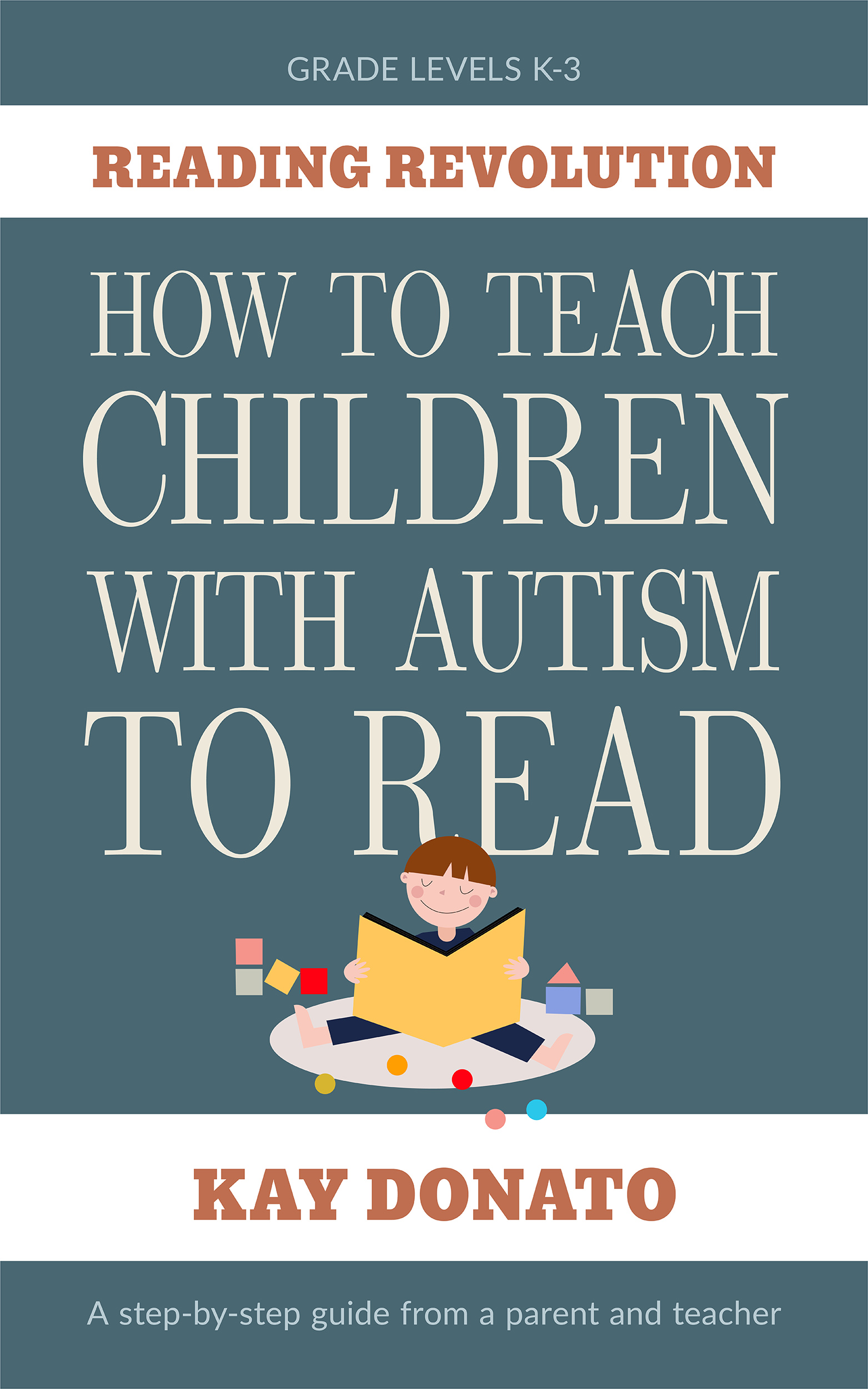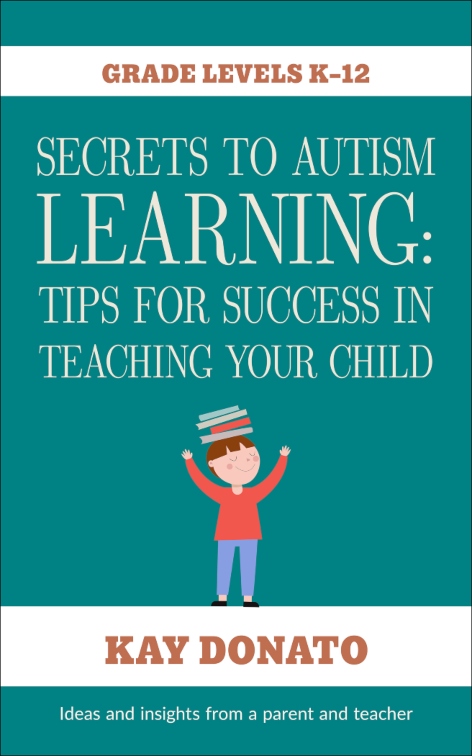Autism Hyperfocus: How to Cope and Even Help Your Child Benefit
If autism hyperfocus drives your child to obsession, what should you do about it, and how much should you intervene?
If this describes your child, you’re not alone. Many on the autism spectrum deal with these same issues on a daily basis.
Hyperfocus is an obsessive interest on one thing almost to the exclusion of everything else. Neurotypical (non-disabled) people also have interests, but for an autistic person, the degree of enthusiasm will be much more intense.
While this can often indicate great talent in our kids, the fact remains that such obsessions can be hard for the family to cope with from day to day.
If Jaime loves to paint beautiful pictures but won’t do anything else, this could clearly interfere with daily life for Jaime and for the whole family.
Before we explore if or how much children should be allowed to fixate on their interests, we should understand why they experience such intense obsessions in the first place.

Why Do Children With Autism Hyperfocus Often Fixate On One Thing?
The first, most obvious reason is that they simply enjoy their area of interest to a very high degree.
Another reason some children have fixations is that it gives them a sense of control and predictability over their lives. The sameness of repetition may be comforting when other aspects of their lives are less predictable.
On the opposite end of the spectrum, other children may be obsessed precisely because they lack control over their own behavior.
One person I know with mild autism is intensely interested in sports. He enjoys thinking, talking, and reading about it. But sometimes, even when he feels he’s had enough of that subject for one afternoon, he’s still unable to “turn off” his obsession. It’s as if his brain insists on going on and on about sports even if he’s tired of thinking about it.
 Sports is a common obsession even among neurotypical people, but an autistic person's hyperfocus will be much more intense.
Sports is a common obsession even among neurotypical people, but an autistic person's hyperfocus will be much more intense.Autism hyperfocus has been known in some cases to be increased by an allergy to something, such as dairy. So in the interest of protecting our children’s health, it may be a good idea to have them tested for allergies if their fixations are severe.
Is Autism Hyperfocus a Good or a Bad Thing?
Some believe that autism hyperfocus is unhealthy and problematic, which could be partly true.
And for many children, allowing an obsession to take over their lives might make the problem worse.
For example, Timothy might spend hours and hours researching websites or YouTube videos out of fear that it’s wrong to play computer games. He may be so anxious that what he loves to do might be a sin that he obsesses over trying to prove through his research that it’s okay to engage in his favorite pastime.
Timothy’s worries over looking up information about the morality of playing video games may be based on an obsessive compulsive disorder. Allowing him to engage in fear-based web searching could be a never-ending spiral downward into more fear and paranoia.
There also may be cases when the behavior interferes with the family’s ability to go out anywhere or take a vacation.
For example, if Billy is interested in building model airplanes and can’t bring himself to stop to go out anywhere, that could interfere with family plans.
Or Leah, a budding piano player might be tempted to practice her skill to the exclusion of everything else. A severe enough obsession could not only interfere with family plans, but even discourage healthy habits such as getting enough sleep, eating a healthy diet, and practicing good hygiene.
It may also cut into Leah’s need to engage in social interaction with family members and friends.
Overly excessive interests can limit a child’s social development in other ways as well if left unchecked.
For example, if Sam talks nonstop about sports statistics, too much sports talk to the exclusion of every other subject can be off-putting for people he might meet. Allowing excessive talk on one subject is to neglect to teach him good social skills.
Should We Allow Our Children to Obsess Over Their Interests?
While permitting our children to over obsess on one interest can cause problems, there are sometimes good reasons to allow it.
For many people with autism, focusing on their special interest can actually decrease stress in their lives and help them get their minds off of their anxieties or help them deal with depression.
And in some cases, an autistic child’s passion may even be the start of a great talent or even a profitable career.
 Albert Einstein's amazing achievements would never have been possible if he had not been allowed to pursue his obsessive interest in physics.
Albert Einstein's amazing achievements would never have been possible if he had not been allowed to pursue his obsessive interest in physics.Consider great men and women of the past (and present) who excelled in their area of expertise precisely because their obsessions drove them to it.
Men like Michelangelo, whose obsessive attention to detail resulted in an amazing masterpiece painted on the ceiling of the Sistine Chapel. Or Albert Einstein, whose intense focus on physics brought major breakthroughs to the world.
And most of us have heard of Temple Grandin, who through her obsession with science, invented livestock equipment that many companies use today.
Other geniuses reported to have autism include Isaac Newton, Wolfgang Amadeus Mozart, and Charles Richter, who devised the Richter magnitude scale of measuring earthquakes.
These people might never have shared their amazing contributions if they had not been permitted to obsess over their interests.
So when our kids are displaying gifts that we want to nurture and develop, we should be careful not to stifle or discourage their talent.
But what are parents to do if they're concerned about doing what is best for their children and for their families? Do they limit an autistic fixation that's interfering with their lives or do they allow their child to engage in their obsession as much as they wish?
Follow the link to find answers here. We’ll continue our discussion of autism hyperfocus on special interests, and talk about how we as parents and caregivers might deal with it when our children's intense focus seems to take over their lives.
1 | 2



New! Comments
Have your say about what you just read! Leave me a comment in the box below.